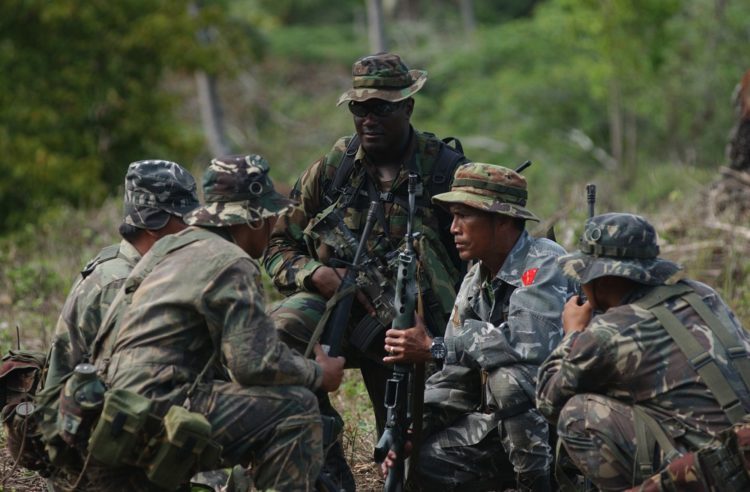As a result of nonstop famine and war that has plagued its lands for the past four decades, Africa is the poorest continent in the world. Most of the 30 poorest countries by GDP per capita are African. Stricken by poverty, disease, and war, it has failed to keep up politically and economically with the times. Africa’s underdeveloped and lagging economy is a result of many issues, some of which are compounding, making it difficult to diagnose and rectify the problems. Countries in the continent are in desperate need of economic, healthcare, agricultural, and political reforms. Without these fixes, they will continue to see unnecessary suffering and death.
After earning its liberation one country at a time, Africa now struggles to stay afloat as it battles to gain economic traction and transform into a relevant continent. It faces many challenges, most of which present significant hurdles for the continent to overcome; agriculture, healthcare, politics, security, trade, and foreign investment would all positively impact the growth of Africa’s economy.
European and U.S agriculture subsidies are said to be drowning out African farmers. The western farm-support programs and cheap cotton sold on the world market are cutting down the potential for Africa to make its push into the global markets. Additionally, when Africans do produce trading goods for the market, the accessibility to transportation is limited.
Politics has an overwhelming effect on the development, growth, and efficiency of Africa’s economy. Many leaders will cling to power out of pure selfishness as they watch their nations suffer and crumble underneath them. Countries such as Zimbabwe and Egypt know all too well of such a scenario. Looking deeper into the political system, some African countries have severe corruption problems that discourage foreign investment by sinking investor confidence, ultimately resulting in restricted economic growth. Alongside the corruption, Africa is faced with civil and tribal wars and the spread of Boko Haram (ISIS) and other terrorist organizations throughout the continent. The seriousness of violent conflict in Africa has an enormous impact on the stability of the continent.
Not even the most developed and advanced countries in the world can completely eliminate war and corruption as products of the system. However, steps can be taken to diminish these issues. African countries have had little time over the past 50 years to establish the political and economic structures necessary for a robust economy. With the European colonization of Africa, processes were set in place which were not necessarily conducive to economic development.
Nelson Mandela did an excellent and creative job of uniting his country through Rugby and democratic processes. He promoted development, peace, and prosperity with the integration of all races. Now South Africa is one of the few African countries flourishing with wealth, new construction, and business. The westernized approach to economic growth, in places like Cape Town, has resulted in a dramatic poverty reduction and created jobs and an expanding economy.
While knowing that most of the African countries are in desperate need of reform, take a look at how the established countries have benefited from decades of prosperity when the proper leaders and systems are in place. On the opposite side of the spectrum, you can see how fast an economy can be brought down by a massive domino effect caused by an industry lagging severely enough, corruption undermining the system, or a war breaking out, all of which drag the countries’ industries through the mud.
If African countries can put into place a basic industrial system they will begin to experience economic growth and see a decrease in poverty.
Already have an account? Sign In
Two ways to continue to read this article.
Subscribe
$1.99
every 4 weeks
- Unlimited access to all articles
- Support independent journalism
- Ad-free reading experience
Subscribe Now
Recurring Monthly. Cancel Anytime.











COMMENTS